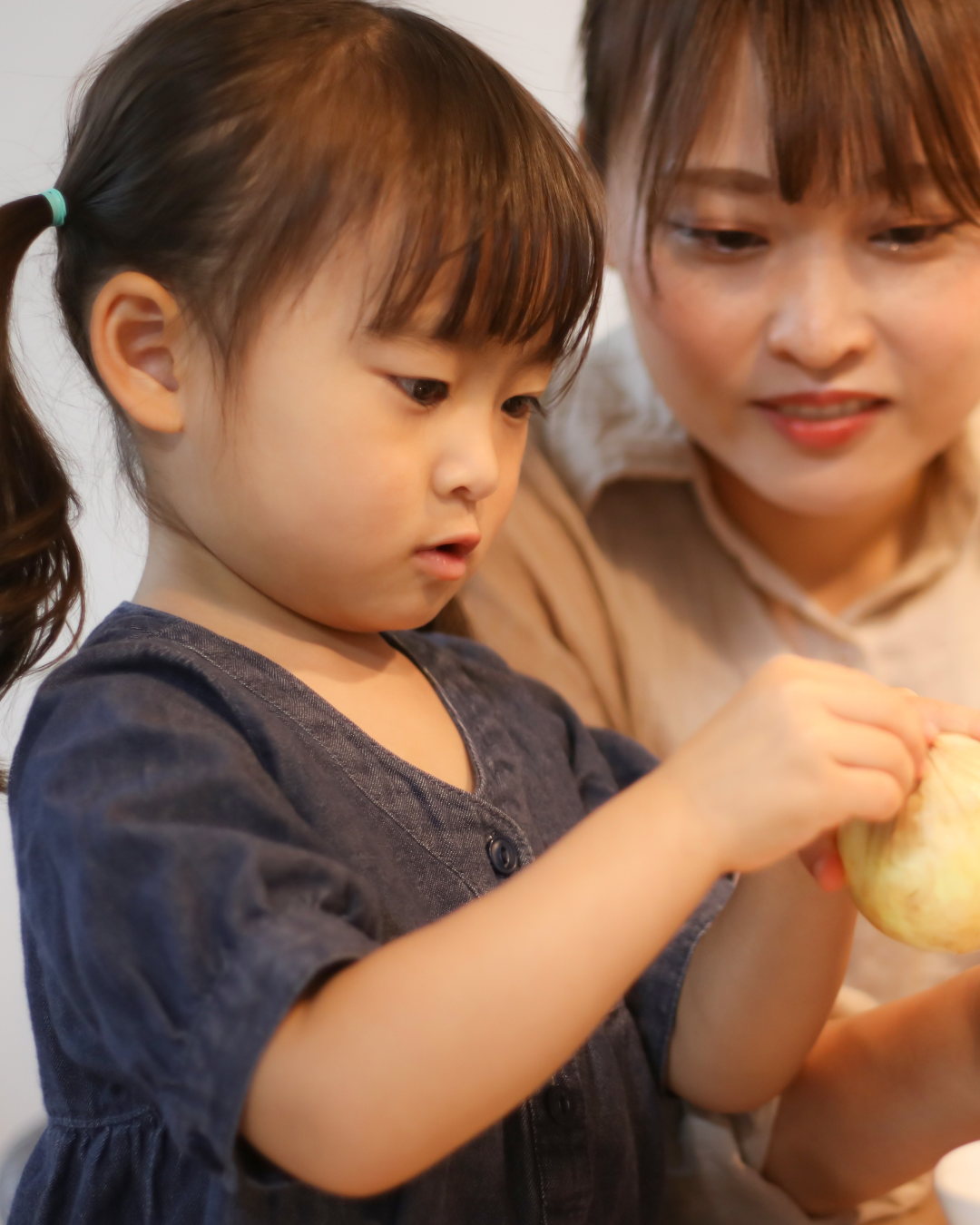Let Them Lose at Uno: Why “Doing Less” Builds Kids Who Can Do More
When my eldest was about to start kindergarten, the school principal, thirty years in the job and steady as they come, gave all the new parents a single piece of advice. Over summer, she said, do not teach them to write their name. Do not practice counting to twenty. Teach them to play Uno, and sometimes..... let them lose.
She added this: In a class of thirty children and one yellow pencil, disappointment is guaranteed. Someone will not be picked. Someone will be tipped in a game of tag. If a child arrives at school with no practice at frustration, the first year can feel impossibly hard.
Forty years ago, this speech probably was not needed. Children had more free range play, fewer curated activities, and plenty of everyday hurdles. Today our kids never even have to feel the frustration of an ad break on telly. They are living in an 'on demand world, and many of us also parent in a way that tries to remove every bump in the road. We do it with love. We do it because we care about feelings. But when we smooth every edge, kids miss the chance to build the muscle that matters most: frustration tolerance.
How We Swung So Far
Old school parenting often shut feelings down with lines like "turn that frown upside down" or "go to your room". It kept the household quiet but did not teach emotional skills. We since have learned that children thrive in relationships where their feelings are welcomed and named. Parents care deeply about this and are working really hard at it. But as a result, sometimes we work had to avoid sadness, avoid frustration, or avoid the meltdown because in all the information about what kids need we also got a message it's our job to fix feelings.
Because we care deeply about emotions, and because modern life piles on pressure, many of us now leap into overdrive the moment our child is uncomfortable. We even the score between siblings, we intervene with coaches and teachers, we buy the toy to keep the peace, we run busier schedules to avoid boredom and screens. The intention is kindness. The effect is exhaustion for us and a lower tolerance for frustration for them.
This can lead to burnt out parents, and kids who struggle with frustration. Not because they are weak or their parents are too 'soft' but because we just don't get enough opportunities to practice frustration.
So why is this way of parenting so common?
- Smaller families mean higher stakes. One or two kids can feel like one or two shots to get it right. We also worry a lot about turning out great kids, keeping them safe from harm and hurt. Safety messages since the eighties kept kids indoors and under adult eyes, shrinking independence and risk taking.
- The village has also changed and we have new information. We work and need to work, and working parents often feel pressure and guilt to make every non work moment magical. Information on what kids need is everywhere and social media ramps up comparison and the sense that everyone else is doing more.
- We have been told not to dismiss emotions, but we have not been taught how to allow feelings without fixing them. Essentially we are doing something that wasn't modelled for us in most cases and as a result is really, really hard to do.
Why Struggle Matters
One of my favourite metaphors comes from Brené Brown’s retelling of a swim coach teaching tumble turns. Kids line up, somersault at the wall, and get a thumbs up or a thumbs down. Most need a string of thumbs down attempts before they finally nail it. Some parents wanted the coach to stop with the thumbs down, to avoid discouragement. They wanted the coach to give an "almost there" or "great try."
The thing is, when we rob kids of a thumbs down, when we rob them of the struggle of not yet having that skill, we also rob them of the success of the thumbs up. When we steal the struggle, we steal the success too.
When we protect kids from the experience of not succeeding, we also dilute the feeling of genuine success. And without practice facing ordinary setbacks, the normal knocks of life, missing out, not being picked, friendship wobbles, can feel overwhelming.

The Double Win of Stepping Back
Here is the best news. Building frustration tolerance usually requires us to do less, not more. When we stop doing the extra bits that spare kids discomfort, two lovely things happen.
-
Kids learn they can handle hard feelings and solve problems, and come to us when they truly need help.
-
Parents feel less frantic and more present for the moments that matter.
Below are practical places to start.
Let Kids Contribute at Home
Look at what you currently do for your kids and ask what could they reasonably do themselves. We handed our four boys the job of unpacking the dishwasher on a rotating roster. Was there grumbling. Absolutely. That is fine. Boring tasks build staying power. Other age appropriate contributions include packing their own lunches the night before, feeding pets, pulling up beds, and managing school bags. Use visual lists, expect effort over perfection, and allow the moans without rescuing.
Hold the Boundary and Welcome the Feeling
Your child’s big feelings do not have to run the whole house. My youngest was devastated when I held a screen free school day rule. I validated, I empathised, I connected but he was still upset. Eventually I said you can be upset, but you cannot stay here are keep crying while I am working.
We are not banishing kids or shaming feelings. We are modelling that all emotions are allowed, and impact on others matters too. Research suggests kids only need our full drop everything emotional presence some of the time. The rest of the time, steady acknowledgement while we keep cooking dinner is enough.
Be the Calm on the Sideline
If you have ever shouted watch the ball, you are in good company. But the less we say, the better they play, and the more they enjoy it. Let the coach be the coach, thumbs downs included. Stick to four principles.
• Cheer effort over outcomes.
• Focus on the team, not just your child.
• Let umpires and coaches do their jobs.
• After the game, a simple I love watching you play beats any analysis.
Step Out of the Middle of Sibling Spats
Aim not for a fight free home, but for better fights. When kids argue, pause your fixing reflex, get curious about each child’s viewpoint, and ask what they might do to solve it. Step in with structure when there is harm or an impasse, but resist becoming the permanent referee. Conflict is a training ground for perspective taking, negotiation, and repair.
Stop Running the Fairness Olympics
We can spend entire weekends ensuring everything is even. It does not work. Someone always feels short changed, and kids miss the lesson that envy and disappointment are survivable. Try this instead.
• Let special be special. One child’s turn does not require compensating others.
• Expect feelings. It is hard when it is not your turn. I get it.
• Do not count blueberries or gifts.
• Hold space for jealousy without fixing it.
And yes, sometimes survival wins. I once let a two year old eat both fete ice creams because I had zero capacity for a public meltdown. We are human.
Make Room for Boredom and Risk
Many children’s calendars would make a chief executive sweat. There is nothing wrong with activities, but constant shuttling is not the goal. Consider one main activity per child. Protect unstructured play. Where safe and possible, re introduce local freedoms like walking to the shop, riding to school, and hanging with neighbourhood friends. Most harm to children is not from strangers. The most protective factor is a strong, trusting relationship at home. Independent play plus secure connection builds courage.
Do Not Steal the Struggle in Play
The work of childhood is play, and play includes setbacks. The LEGO DUPLO tower collapses. The rules feel unfair. The pieces will not click. Our job is to witness and empathise before we jump to fixing. You worked so hard on that tower. I would be upset too. Coach turn taking, name effort out loud, and let them try again. Frustration tolerance is not taught by lecture. It grows through thousands of small, safe struggles.
Hold the Flame When They Are Afraid
One of my boys had to sing at a the Town Hall recently. He was terrified and as the day approached begged me to help him so he wouldn't have to do it. I told him it made so much sense to be scared, that i'd be scared too, but that he was going. I cleared the morning so i could drive him in to school that day, bought a hot chocolate, and said, 'I know you are worried. But I want you to know, I am not worried. I know you can do this." He performed scared and felt wildly proud afterwards. Anxiety is contagious. Calm is contagious too. Sometimes our job is to believe for them until they can believe for themselves.
The Heart of It
The kids are alright. They already know how to feel. The trickiest part of parenting is not their reactivity. It is managing ours. When we step back just enough, when we let them lose at Uno, when we let the coach give a thumbs down, when we stop counting blueberries, we give our children the gift of struggle inside the safety of our relationship. That is where confidence, creativity, grit, and real resilience grow.
And when they fall, we do not rush in to fix it or phone the school to make it go away. We listen. We steady ourselves. We pause. And we say the words that build brave humans. "I am so glad you told me."


